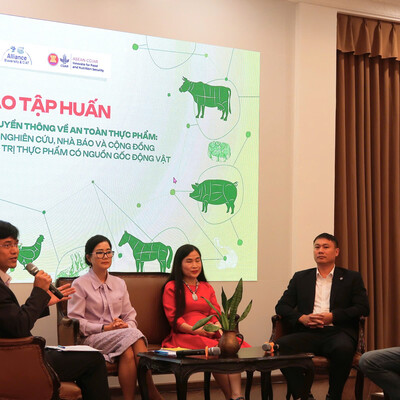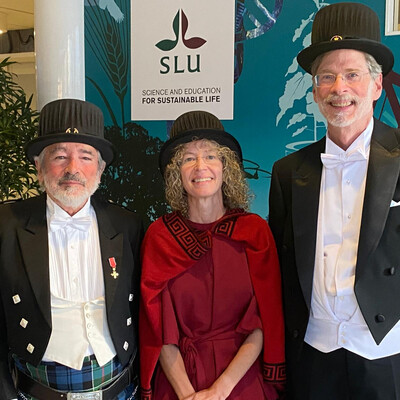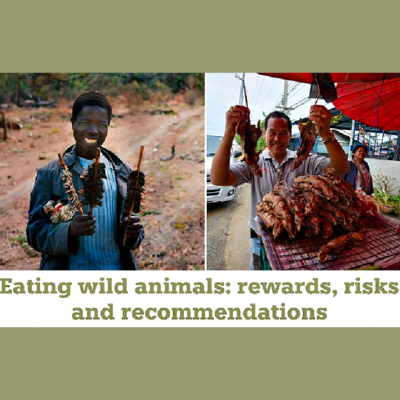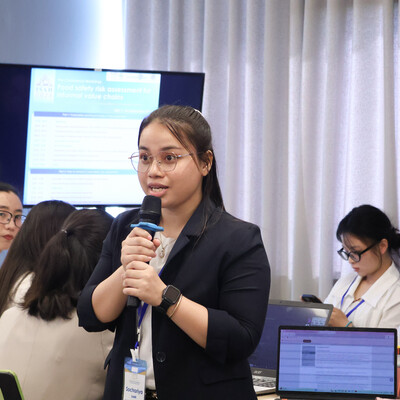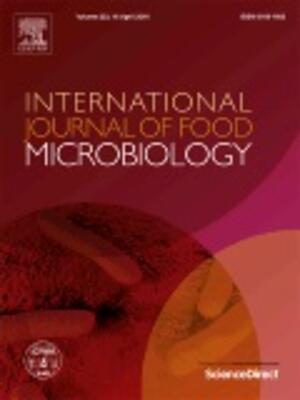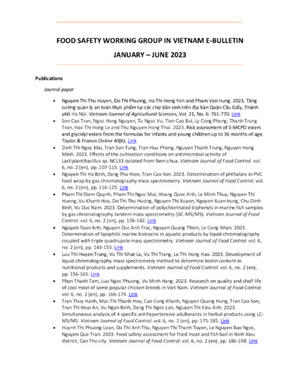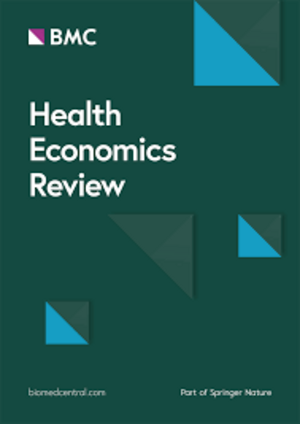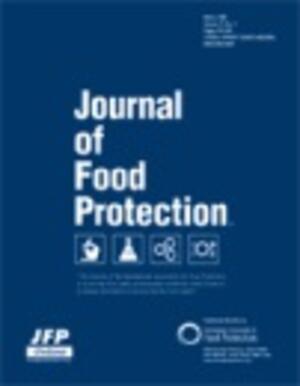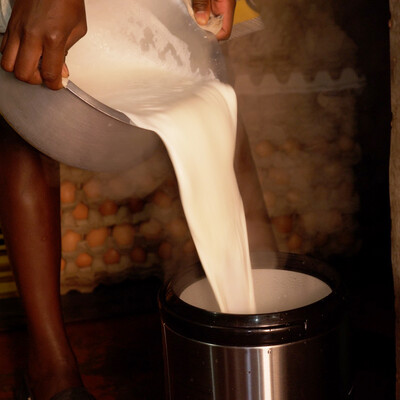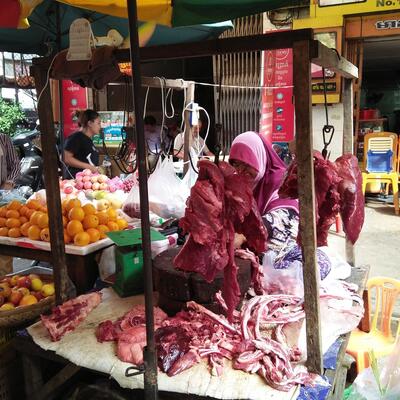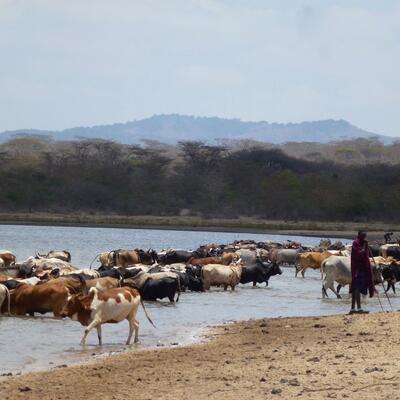
Media workshop on food safety reporting held in Vietnam to commemorate World Food Safety Day
To celebrate the 4th World Food Safety Day (7 June 2022), a media workshop targeting over 40 Vietnamese reporters and researchers from different disciplines (public health, animal health, agriculture) was organized this morning in Hanoi. The ‘Deliver food safety messages to the community: an integrating approach between researchers and journalists – the case of animal-sourced food’ workshop discussed ways of better communicating food safety messages to the public.
The event was sponsored by the ‘Market-based approach to improving the safety of pork in Vietnam’ or SafePORK project, which is funded by the Australian Centre for International Agricultural Research (ACIAR). It was co-hosted by the Hanoi University of Public Health (HUPH), the Vietnam Journalist’s Association (VJA) and the International Livestock Research Institute (ILRI).

Tran Thai Son,, vice head of Professional Division, Vietnam Journalist's Association makes an opening speech at the media workshop (photo: Vietnam Journalist's Association/ Tran Hai).
Food safety researchers provided research-based information on the challenges posed by unsafe food to human health to the media practitioners who are intermediaries of information between the researchers and the public.
In Vietnam, a primary food safety concern revolves around chemical contamination of food which, according to Fred Unger, SafePORK principal investigator and ILRI regional representative for East and Southeast Asia, while ‘recent studies in the country also show strong evidence of biological contamination in pork, chicken and beef.’ He said that many food safety management officials and journalists don't pay sufficient attention to biological contamination of food.’
He noted that research also showed that the public is demanding appropriate food safety information to help them reliably select safe food. But media reports often focus on negative messages which may contribute to increased concerns instead of presenting evidence-based recommendations to help people protect themselves from unsafe food. ‘Joint efforts and better understanding between scientists and journalists on actual food safety risks, feasible mitigation options and how to communicate this to the public are needed,’ said Pham Duc Phuc, deputy director, the Center for Public Health and Ecosystem Research (CENPHER), HUPH and coordinator of Vietnam One Health University Network (VOHUN) – a key implementing partner of the SafePORK project.
At the meeting, food safety researchers from the SafePORK and One Health Poultry Hub projects shared research findings on microbial contamination on pork and poultry and recommended measures to improve food safety along the value chains. Representatives from the Vietnam Food Safety Administration (VFA), the Ministry of Health and representatives from the private sector shared challenges in food safety risk communications. Researchers and journalists then discussed the differences between risk communication measures in science and in mass media to explore potential joint-strategies for sharing scientific information on food safety with the public via mass media tools in more effective ways.
Panel of expert (from right): Nguyen Thi Phuc, technical officer, World Health Organization, Dong Manh Hung, editing chief, Voice of Vietnam, Nguyen Vinh Quyen, lecturer, Press Regulatory Department, Tran Thi Thu Lieu, vice head,, Department of Food Poisoning Monitoring and Press Information, Vietnam Food Safety Administration, and Hanh Tran, senior lecturer, Hanoi University of Public Health (photo credit: ILRI/Chi Nguyen).
A panel of experts from the Vietnam Food Safety Administration, the Vietnam Food Safety Working Group, the World Health Organization, Hanoi University of Public Health and the private sector then shared the key concepts and definitions in food safety with the journalists and discussed the appropriate channels and strategies of communicating scientific findings to the mass media.
Tran Thai Son, vice head of Professional Division, Vietnam Journalist’s Association said the workshop enabled ‘journalists to monitor agriculture and food in the country and researchers to share information, exchange professional perspectives on food safety assessments.’ Recommendations and outputs from the workshop will inform ongoing joint efforts between researchers and reporters to improve communications of food safety research to the Vietnamese public.






